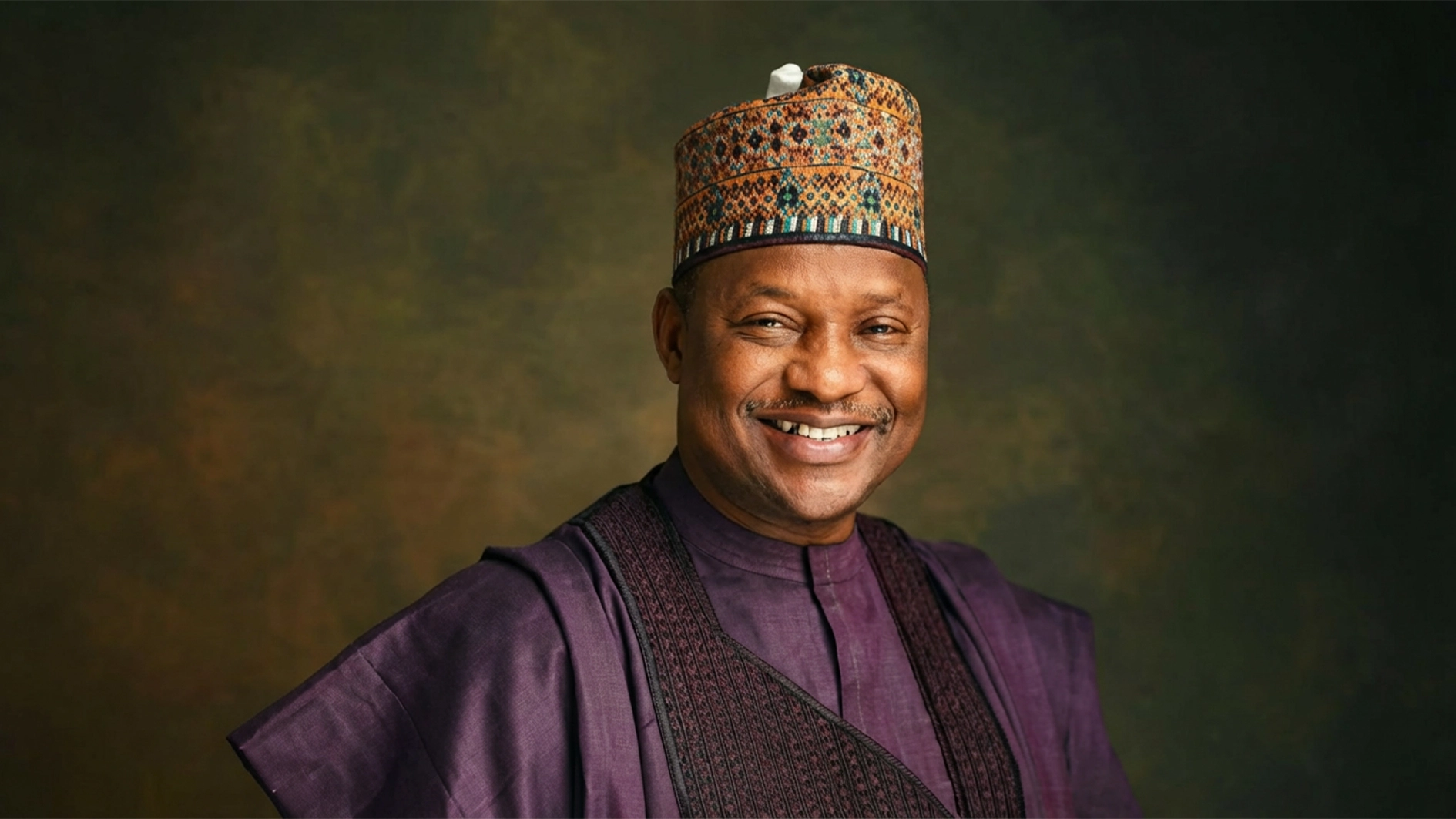As President Bola Tinubu’s administration marks its second year in office, his ministers have expressed confidence in the government’s ability to deliver on its Renewed Hope promises, particularly in the areas of security, job creation, and economic stability.
Speaking yesterday during Channels Television’s Youth Forum, a live interaction programme, Minister of Interior, Olubunmi Tunji-Ojo described the newly introduced Nigeria First policy of President Tinubu as the vehicle that will drive Nigeria back to industrialisation.
According to him, indigenous manufacturers will find it difficult to compete with their foreign counterparts without the policy being put in place by the government.
“Two things that make me happy of being part of this administration. One is the issue of Nigeria First because that is the real way back for industrialisation.
“If you do not have that as a policy, there is no way that indigenous manufacturers will compete with people coming from China where there is cheaper labour, electricity.
“So, for us to be able to protect the local industry, Nigeria First, that shows a president who is looking inwards and looking towards backward integration.”
Tunji-Ojo added that the second crucial policy of the Tinubu administration is the naira for crude policy, which he said has helped stable the price of petrol in Nigeria.
“Number is the issue of naira for crude. For the first time you can see that Dangote Refinery and whatever, the prices of refined fuel are coming down despite the fact that it is increasing in the international market.
“Why? Because today we are no more depending on the issue of foreign exchange. And that is the reason you have seen naira being stable for some time now, N1,500 or N1,600,” he said.
Tunji-Ojo said that it is unfortunate that President Tinubu is left to be taking decisions that should have been taken decades ago by Nigeria’s past leaders.
Tunji-Ojo said that it is unfortunate that President Tinubu is left to be taking decisions that should have been taken decades ago by Nigeria’s past leaders.
On his part, The Minister of Youth Development, Ayodele Olawande disclosed that it will soon launch a registration portal for the proposed national youth summit.
He said that the portal would enable young Nigerians from different parts of the country to participate in the 30-day conference.
Olawande said though young Nigerians were eager to participate in the conference, nothing could be gained without proper planning.
“My generation wants things quick. But I’ve also realised that there is nothing you can gain without proper planning. So for us, in a couple of days, we are going to come out with the first layer of it, which is the launching of a portal because we want transparency.
“A lot of people have said that this confab is all about politics. I am a politician, no doubt, but again, we want to do it differently for the first time and we want to see whether we can get – which we are going to get – a different result.
“We are going to launch a website. People should register. The President approved 30 days and that is four weeks. In the first week, we want to see how we can engage the young people in all the federal constituencies we have.
“We want to see how we will go from there to the six geopolitical zones we have; we want to see how we can engage them,” he added.
The minister also said that the implementation of the resolutions from the summit would be done in legislative and administrative ways.
“This structure is simple. Even at the committee level, nobody is in the committee as an individual. We want to make sure that at the end of the conference, I should be able to provide the communiqué at FEC and say, ‘This is an executive direction. It should be passed.”
On his part, Minister of Communications, Innovation and Digital Economy, Dr. Bosun Tijani, noted that the young people are fortunate to live at a time where there’s endless opportunities not to just better their lives but also to contribute to the development of the nation.
“We are fortunate to have a president that is focused on moving Nigeria away from promises to performance.”






